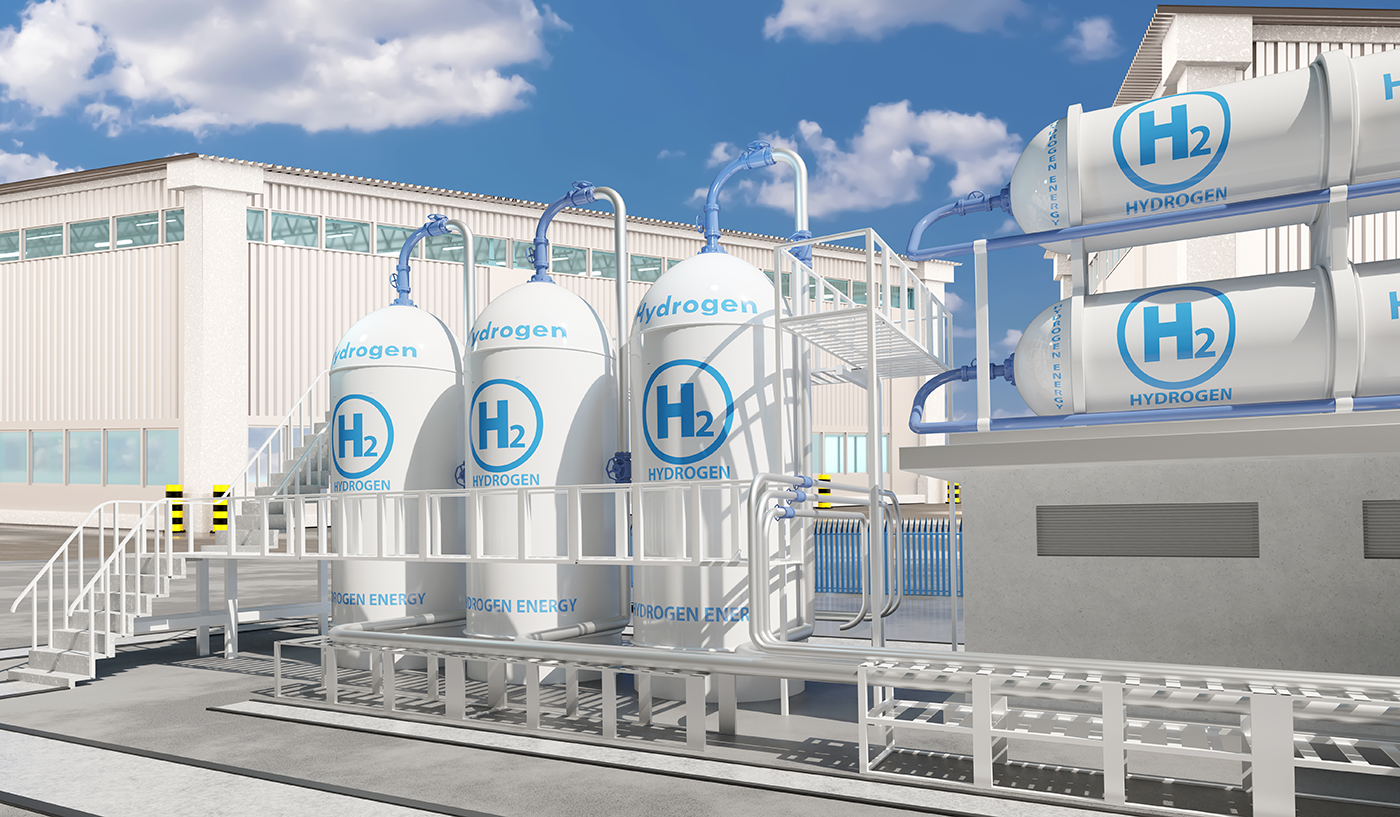NEWS & INSIGHTS | Opinion
UK renewable shortfalls and uncertainty in scaling CCUS technologies

UK Energy Transition Outlook; CCUS; E-methanol production
Chief technology officer Luca Corradi and his team monitor the global net zero landscape closely, following the trends, policies, investments and technology innovations that get the world closer to its shared climate goals. Learn more about our horizon scanning service. This week, Luca and his team explore the UK government’s energy transition targets and the challenges in meeting them, examine the role of CCUS in decarbonising industry, and look at developments in e-methanol production.
UK Energy Transition Outlook 2025
The UK government aims to decarbonise the electricity system by 2030, allowing up to 5% of electricity to come from unabated gas-fired sources. Plans to achieve this include doubling onshore wind, tripling solar and quadrupling offshore wind generation capacity by 2030. DNV forecasts that onshore wind will come close to this target, but the UK will fall short on offshore wind and solar, with both roughly doubling capacity. As a result, the UK is still relying on unabated gas-fired generation 12% of its electricity generation in 2030.
The UK’s 2035 Nationally Determined Contribution commits to reducing greenhouse gas emissions by 81% by 2035, compared to 1990 levels, requiring demand side electrification. DNV forecasts today’s emissions will reduce by 35% by 2035, short of the required 62% reduction. The electricity system will be completely decarbonised, but other sectors, particularly buildings will lag behind. The ramp up of CCS and hydrogen production will reduce emissions from industrial sectors by over 50% compared to today.
DNV forecasts the UK is not on track to meet its legally-binding ‘Net Zero by 2050’ target. In 2050 the UK will have emissions of ~145 MtCO2e/year, implying a reduction in emissions of 82% relative to 1990 levels. Despite not meeting net zero, there will be 3 positive trends:
- UK final energy demand will no longer be coupled with GDP and population growth
- UK primary energy supply from fossil fuels will reduce from 75% of primary energy today to 34% by 2050
- Decarbonisation of the UK economy will reduce average household energy expenditure by nearly 40% relative to 2021 levels
Public Accounts Committee CCUS Report
The Department of Energy Security and Net Zero (DESNZ) considers carbon capture utilisation and storage (CCUS) as essential for the UK to meet its net zero targets and has secured funding from HM Treasury of almost £22 billion over 25 years for the first five projects. However, deployment of CCUS is behind schedule due to government delays, and there is a risk CCUS will not deliver emission reductions on the necessary timescales to meet carbon reduction targets.

UK CCUS projects
Image source: CCSA
CCUS is currently the only way to decarbonise industries that generate emissions from physical or chemical processes, such as cement production, as opposed to fuel combustion. The National Energy System Operator (NESO) concluded the use of CCUS in gas-fired power stations offers lower costs compared to alternatives, but requires more upfront financial support. The Public Accounts Committee (PAC) report questions whether CCUS offers the best value for money compared to other decarbonisation methods where alternatives exist. It highlights that backing first-of-a-kind technologies with large amounts of taxpayer and consumer funding is high risk. This highlights the importance of the work NZTC is doing in developing CCUS technologies to reduce costs and uncertainty.
E-methanol production
Partners in the HyLion network plan to produce low carbon hydrogen in Scotland and convert it into e-methanol. The e-methanol will have applications in shipping, aviation and motorsport across the UK and Europe. The first pilot will produce around 45,000 tonnes of e-methanol per year using 9,000 tonnes of hydrogen and 63,000 tonnes of biogenic CO2. The biogenic CO2 will come from biomass power plants and the whisky industry. McPhy Energy will provide an 80 MW electrolyser to produce low-carbon hydrogen. The overarching aim of the HyLion network is to establish a transnational, European end-to-end supply chain for low carbon hydrogen and e-methanol. The HyLion network consists of partners such as ARUP, McPhy Energy, Bosch Manufacturing Solutions, E.ON Energy Infrastructure Solutions and more. MHP is providing the strategic and operational advice on the project, as well as supporting the network with digital solutions along the entire supply chain.

The HyLion network plan to produce e-methanol in Scotland for applications in the UK and Europe
Our horizon scanning service helps you keep up to date with net zero technology advancements, investments and policies. Learn more about horizon scanning.
Subscribe for the latest updates



